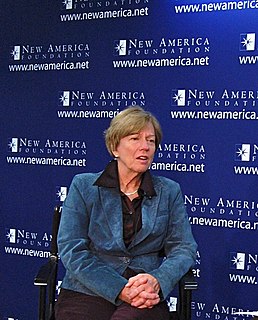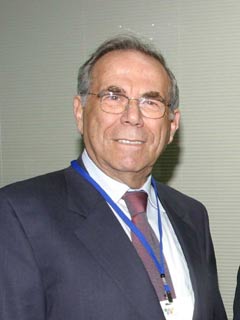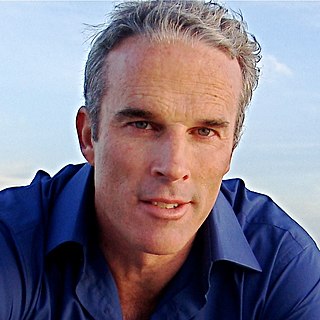A Quote by Nina Fedoroff
Even as the population doubled from three to six billion, we managed to race ahead with all kinds of technological and scientific events in agriculture - from using more fertilizers to mechanization to advanced plant breeding.
Related Quotes
Even if you could use all the organic material that you have--the animal manures, the human waste, the plant residues--and get them back on the soil, you couldn't feed more than 4 billion people. In addition, if all agriculture were organic, you would have to increase cropland area dramatically, spreading out into marginal areas and cutting down millions of acres of forests.
The secret of improved plant breeding, apart from scientific knowledge, is love. While I was conducting experiments to make spineless cacti, I often talked to the plants. . . . "You have nothing to fear," I would tell them. "You don't need your defensive thorns. I will protect you." Gradually the useful plant of the desert emerged in a thornless variety.
We might expect intelligent life and technological communities to have emerged in the universe billions of years ago. Given that human society is only a few thousand years old, and that human technological society is mere centuries old, the nature of a community with millions or even billions of years of technological and social progress cannot even be imagined. ... What would we make of a billion-year-old technological community?
With its hundred billion nerve cells, with their hundred trillion interconnections, the human brain is the most complex phenomenon in the known universe - always, of course, excepting the interaction of some six billion such brains and their owners within the socio-technological culture of our planetary ecosystem!
Six billion of us walking the planet, six billion smaller worlds on the bigger one. Shoe salesmen and short-order cooks who look boring from the outside - some have weirder lives than you. Six billion stories, every one an epic, full of tragedy and triumph, good and evil, despair and hope. You and me - we aren't so special, bro.
Women have an important role in agriculture. We need to introduce technology, which will help us harness the potential of women in agriculture. We need to divide the agriculture sector into three parts- regular farming, farming of trees and animal husbandry. If we are able to do this, the contribution of our women will increase even more.




































